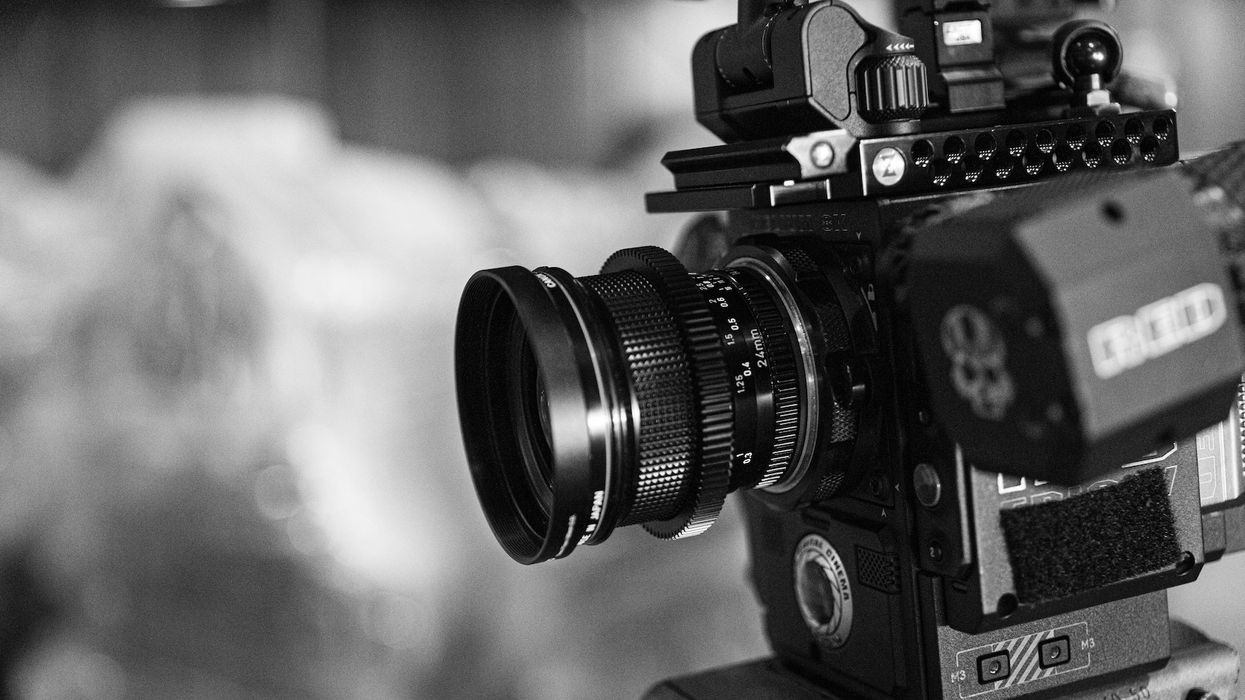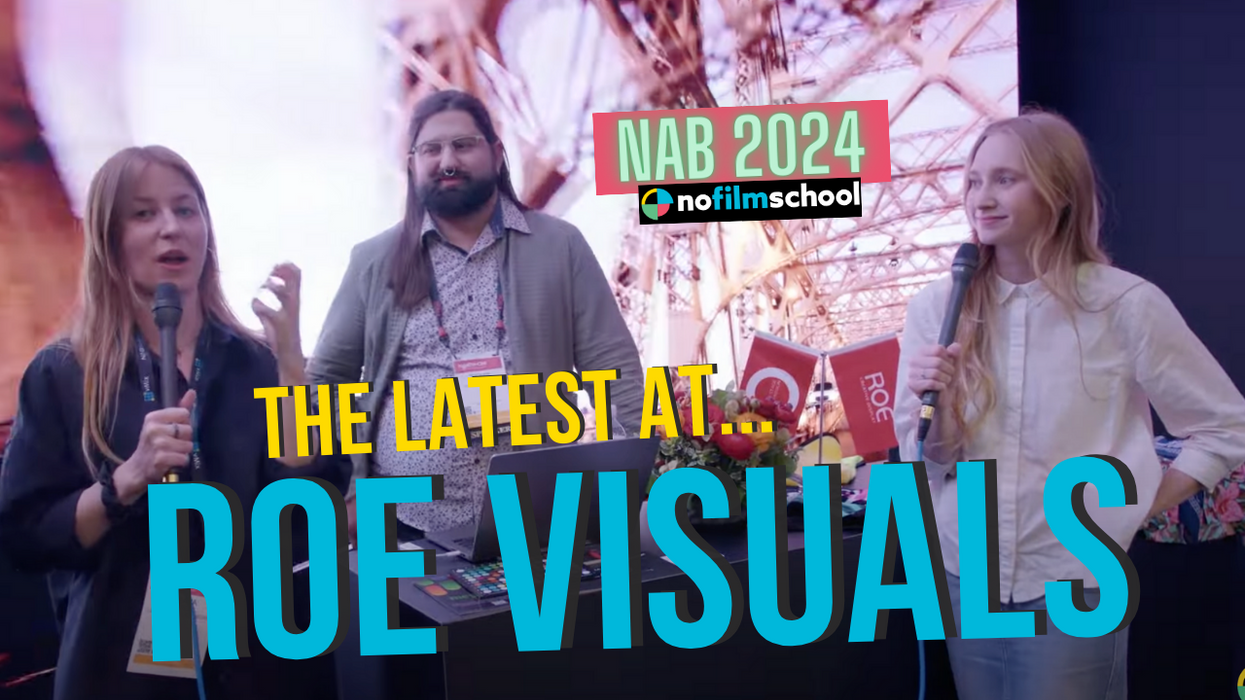When it Comes to Racism, What Can Filmmakers Do to Help?
It is time to act. Here is what we can do.

We all perceive the world in terms of narrative, and the narrative we are in now, in the summer of 2020, is unique. Many of us feel compelled to actively and passionately participate.
But how?
Right now, your own personal narrative, like mine, might be leaning towards action. Do you find yourself wondering how you can take a stand and take action to address racism within the film community? As a white filmmaker, reflecting and understanding the privileges, demography, and industry pipelines of the film community is a key part of creating permanent structural changes and uplifting opportunities in filmmaking.
It is in this spirit that I come to the NFS community with a list of possible actions, thoughts, and activities on how filmmakers can be actively anti-racist and create change. I am in no way an expert. This list is in no way meant to be exhaustive. No list regarding this material ever is.
But here is a start on what I think we can do, and I hope you'll make suggestions as well.
- Elevate films by filmmakers of color and celebrate the stories and creators. No matter our role or interest, we all can help these stories get told, whether that means helping to produce a film, creating an introduction, or donating to a fund. To quote Jason Hellerman on an episode of our podcast, any film or television episode that gets made is a "miracle." Another filmmaker's success elevates everyone.
- Recognize the power in having characters of color front and center as the heroes and main characters of a film. Go see these films. Contribute to these films. Share these films. Help make these films.
- Watch meaningful media that have shared stories and created change, such as Ava Duvernay's When They See Us and 13th. Check out Array101 for lesson guides to accompany When They See Us and review the list of resources provided with the films.
- As COVID-19 has re-illuminated, there is a digital divide in our communities. Having access to technology, cameras, and video editing software is a privilege that many do not have. Have an old laptop or camera that might go to use? Consider contacting a local non-profit or organization that helps filmmakers and donate it.
- If you're able and willing to donate, please consider doing so. If you're looking for alternative ways to help an organization, consider donating your time. Volunteer your skills as a videographer or an editor to non-profits and other organizations that will benefit from your craft.
- When on-set, include stances and statements regarding anti-racism in your on-set meetings, documentation, and crew updates. For example: “This set is an anti-racist environment. There will be no tolerance for demeaning behavior, statements, or actions.”
- Consider writing actively anti-racist actions for your characters.
- Recognize that the structures that train filmmakers are predominantly white-dominant and resource-dependent structures. If you can, work outside of them. Look at different pipelines. Or start your own.
- Unpaid internships further expand inequality in the entertainment industry as only those who have the means can afford to take one. Consider talking to your employer and advocating for paid internships.
- If you feel comfortable, call out the inequities that you're seeing in the industry, such as panels and events that are not diverse, or the low number of black filmmakers in the Academy of Motion Picture Arts and Sciences.
I recognize that I, as a media professional, have a role to play in helping to diversify and improve the film community, from hiring PAs to creating inclusive environments to calling out inequities to being a mentor to standing up for safety, language, and respect. NFS joins you in this endeavor and we invite you to use this list as a resource. It is offered as a portion of the conversation, and not the conclusion.
What additional actions should we be taking? Let us know in the comments below, and, thank you for considering these actions.












